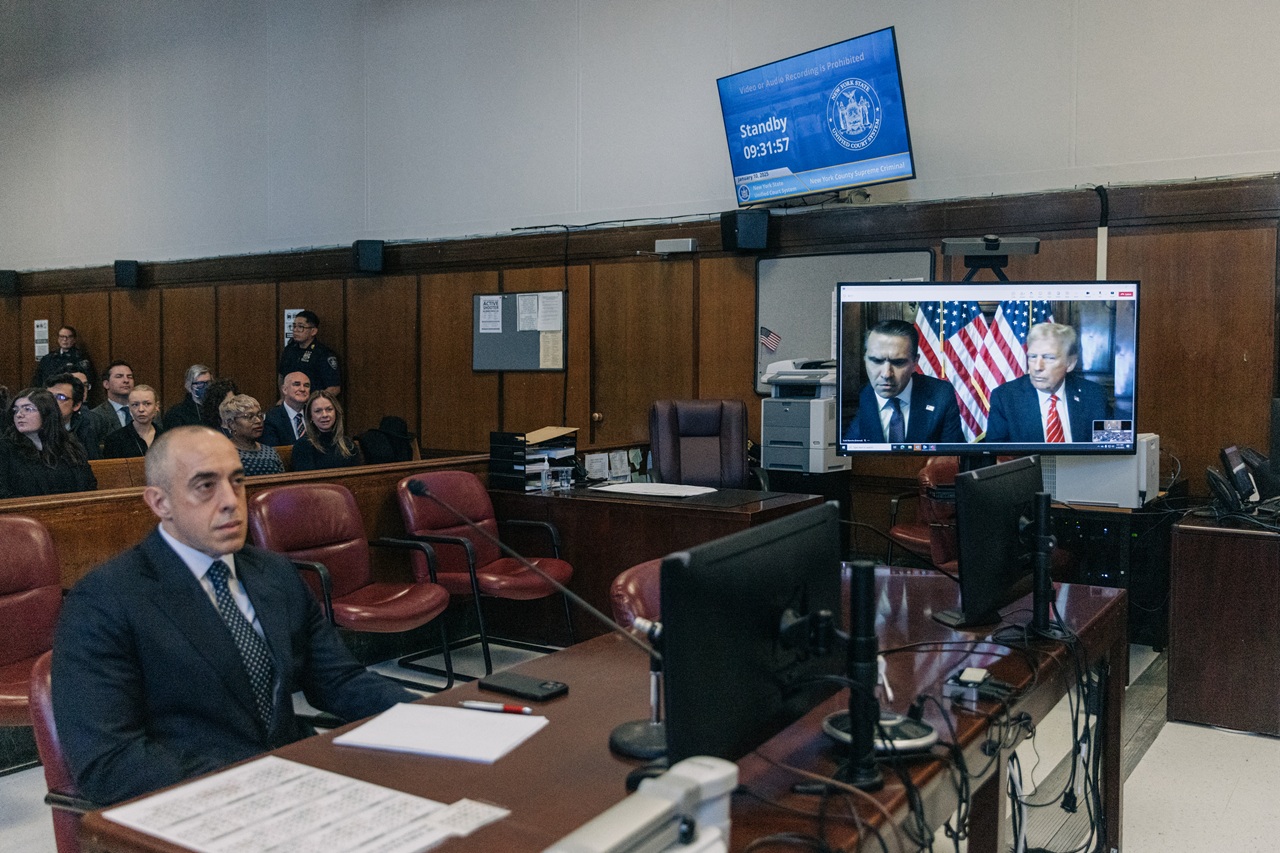
President Trump's sentence: crime without punishment?
A New York judge handed down a sentence of "unconditional discharge" against the next president of the U.S. What are the implications?
On January 10, 2025, President-elect Donald Trump was sentenced for 34 felony counts of falsifying business records tied to hush money payments to adult film actress Stormy Daniels. Despite the gravity of the charges, the New York judge, Juan Merchan, handed Trump an "unconditional discharge," a ruling that upholds the guilty verdict but imposes no additional penalties such as imprisonment, fines, or probation.
This historic ruling makes Trump the first president-elect in U.S. history to enter office with a felony conviction. The decision has stirred significant debate about its legal and political implications as Trump prepares to assume the presidency on January 20, 2025.
In the U.S. legal system, an "unconditional discharge" is a form of sentencing where the accused is found guilty, but no further penalties are imposed. While the conviction remains on the defendant's record, they are not subject to incarceration, fines, probation, or any post-sentencing conditions. This type of sentence is typically applied in cases where the court determines that further punishment is unnecessary or inappropriate given the circumstances of the case and the defendant.
Judge Merchan explained that this was the only lawful way to uphold the jury’s guilty verdict without interfering with the president-elect’s duties in the country’s highest office. This rare legal resolution underscores the extraordinary nature of the case.
The charges against Trump stem from a $130,000 payment made to Stormy Daniels during his 2016 presidential campaign. The payment was intended to silence Daniels regarding an alleged extramarital affair with Trump. Prosecutors argued that these payments were falsely recorded in Trump’s business ledgers as legal expenses, constituting falsification of business records.
During the trial, Michael Cohen, Trump’s former personal attorney, testified that he facilitated the payment and was reimbursed by the Trump Organization under the guise of legal fees. In May 2024, a jury found Trump guilty on all counts, which carried potential penalties of up to four years in prison.
Reactions to the Sentencing
Trump appeared virtually at the sentencing hearing, where he delivered a defiant statement, calling the trial a “dreadful experience” and a “witch hunt” aimed at damaging his reputation and electoral prospects. “This was done to harm my chances of winning the election, and obviously, it didn’t work,” Trump remarked during his address.
Supporters and critics of Trump gathered outside the Manhattan courthouse as the proceedings unfolded. Trump’s backers displayed banners and vocalized their support, while a smaller group of protesters held signs declaring his guilt.
RELATED CONTENT
Prosecutor Joshua Steinglass described Trump’s actions as a “premeditated and continuous deception,” asserting that the guilty verdict must be respected despite Trump’s repeated attempts to discredit the legal process. Meanwhile, Trump’s attorney, Todd Blanche, expressed his strong disagreement with the prosecution’s characterizations.
The unconditional discharge allows Trump to assume the presidency without the immediate burden of legal penalties, but it raises profound questions about the intersection of criminal law and political office. The judge’s decision reflects a delicate balance between upholding the rule of law and respecting the functional requirements of the presidency.
Despite the lack of immediate consequences, the felony conviction remains a significant blemish on Trump’s record, potentially affecting his legacy and political standing. Critics argue that the absence of penalties sends a troubling message about accountability for high-ranking officials, while supporters contend that the case exemplifies political persecution.
Trump’s conviction and sentencing mark an unprecedented moment in American history. While the unconditional discharge spares him from imprisonment, it cements his status as the first president-elect to take office under the shadow of a felony conviction.
As Trump prepares to be inaugurated for a second term, the broader implications of his legal battles will likely continue to shape public discourse. The case underscores the enduring tension between the rule of law and the complexities of holding powerful figures accountable within a deeply polarized political landscape.
With information from AFP and international media


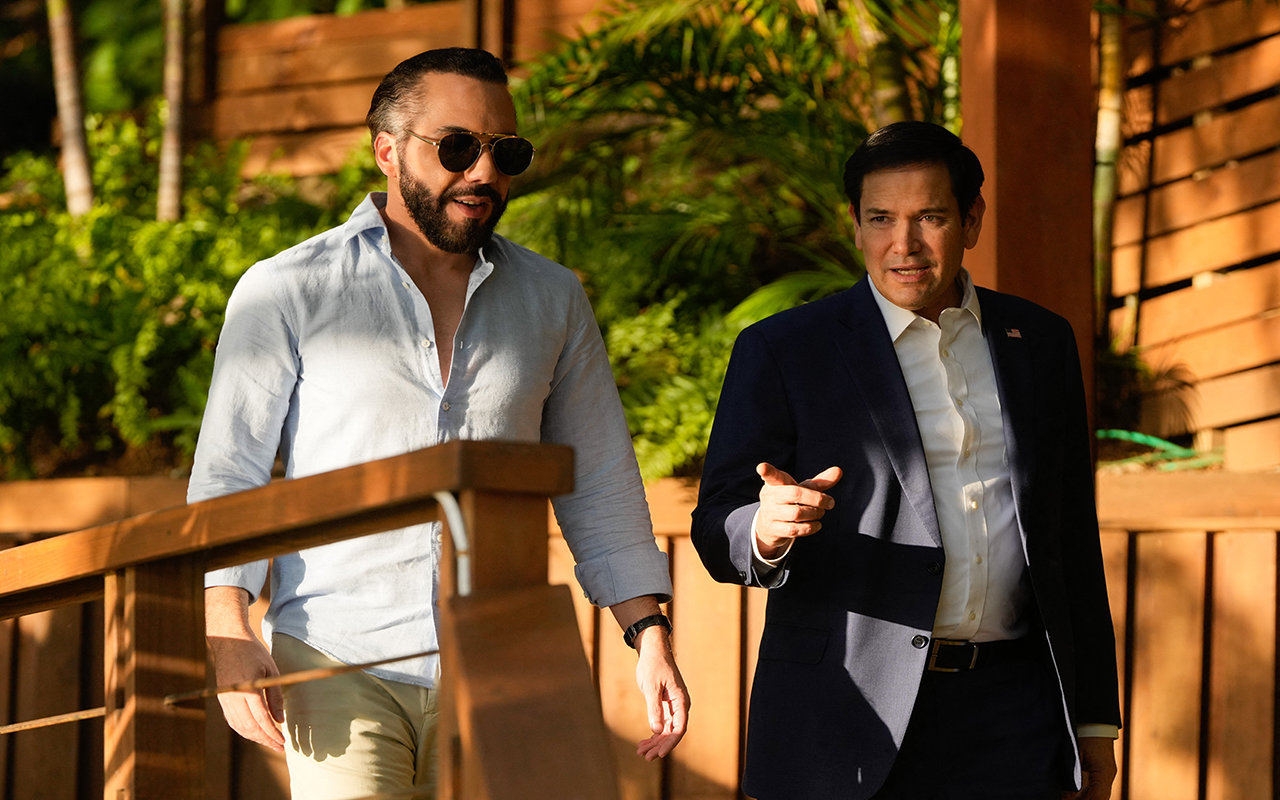

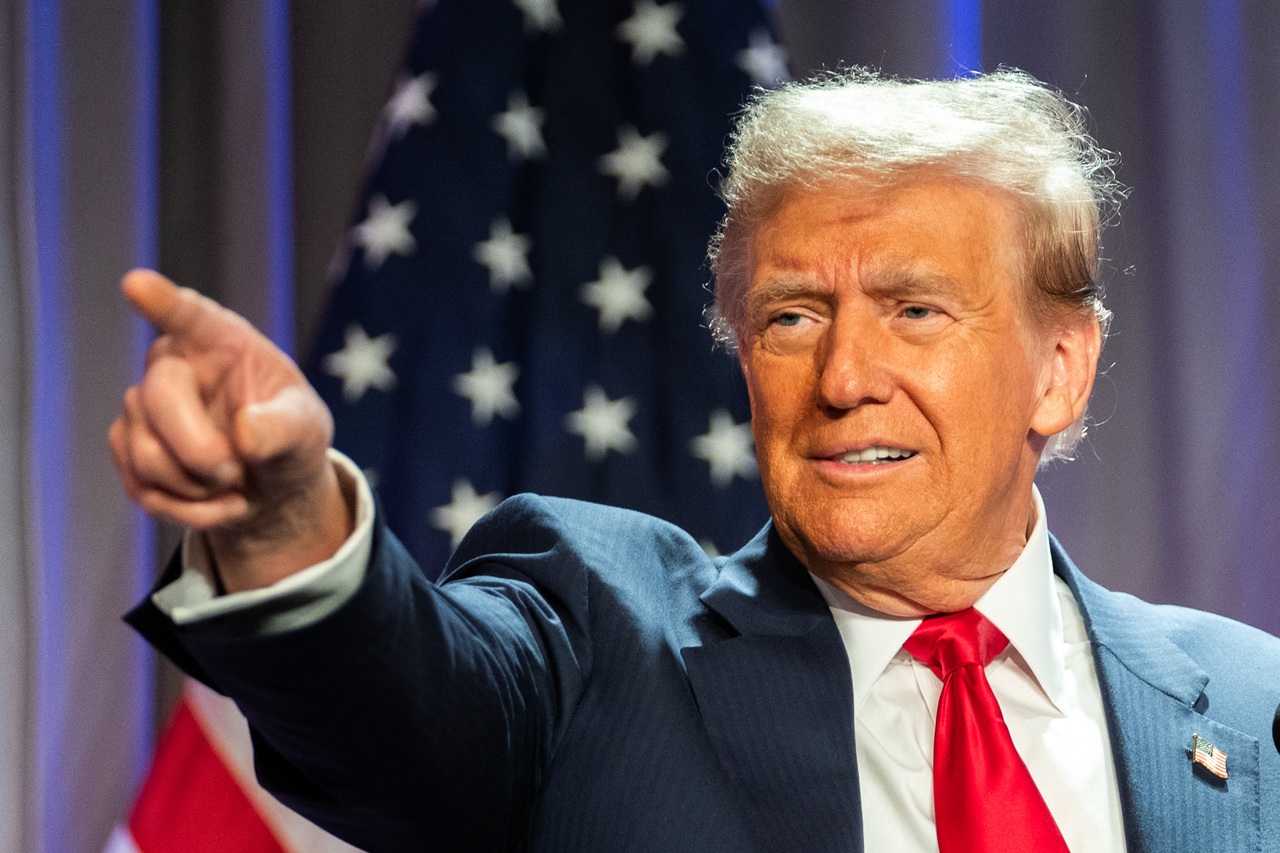
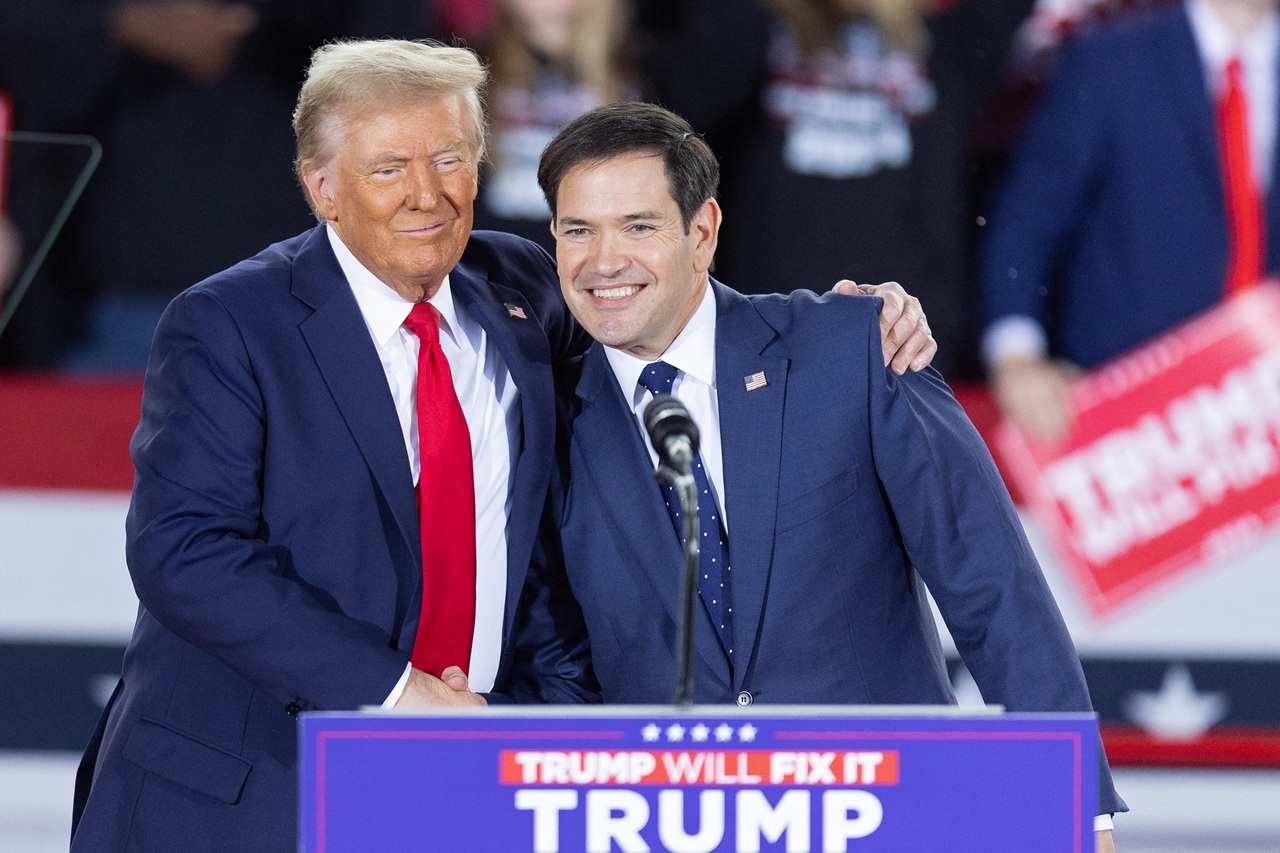

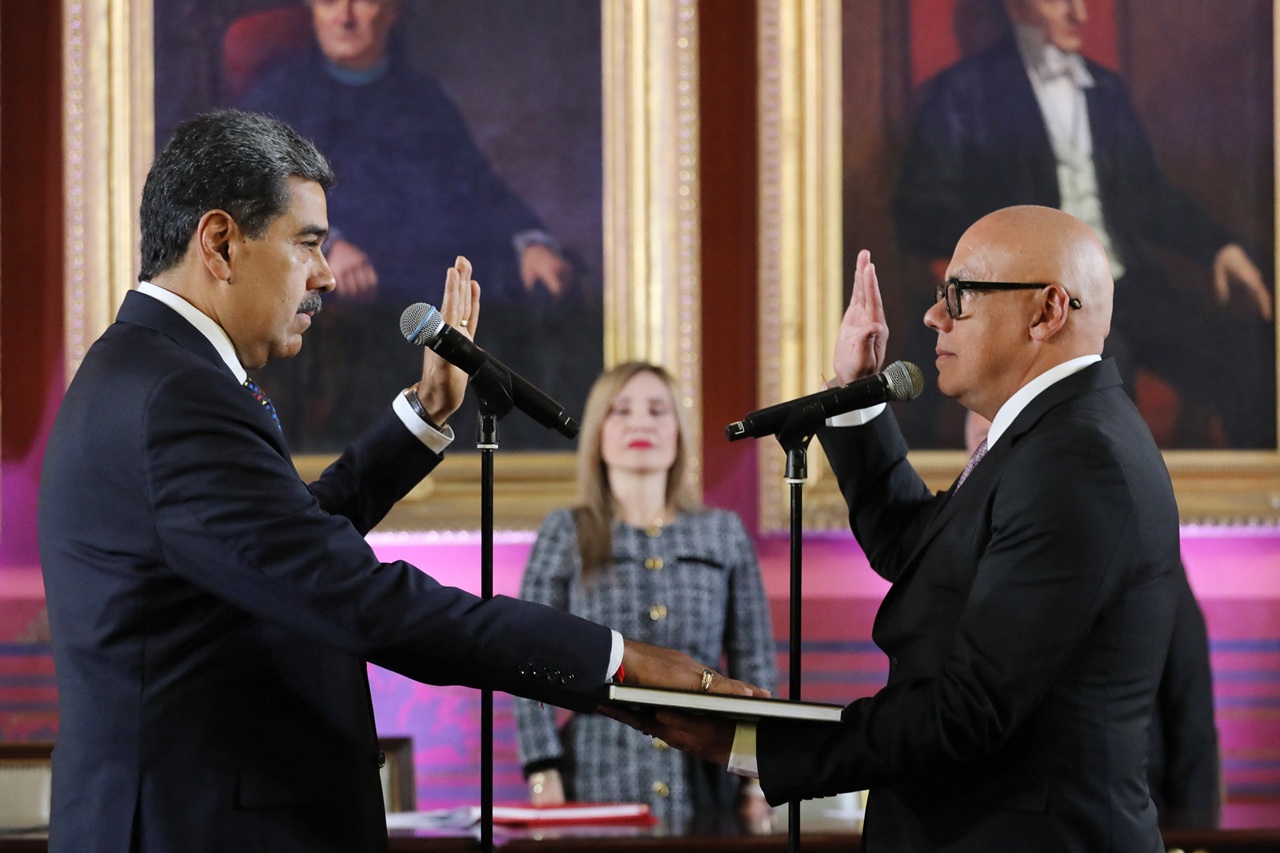
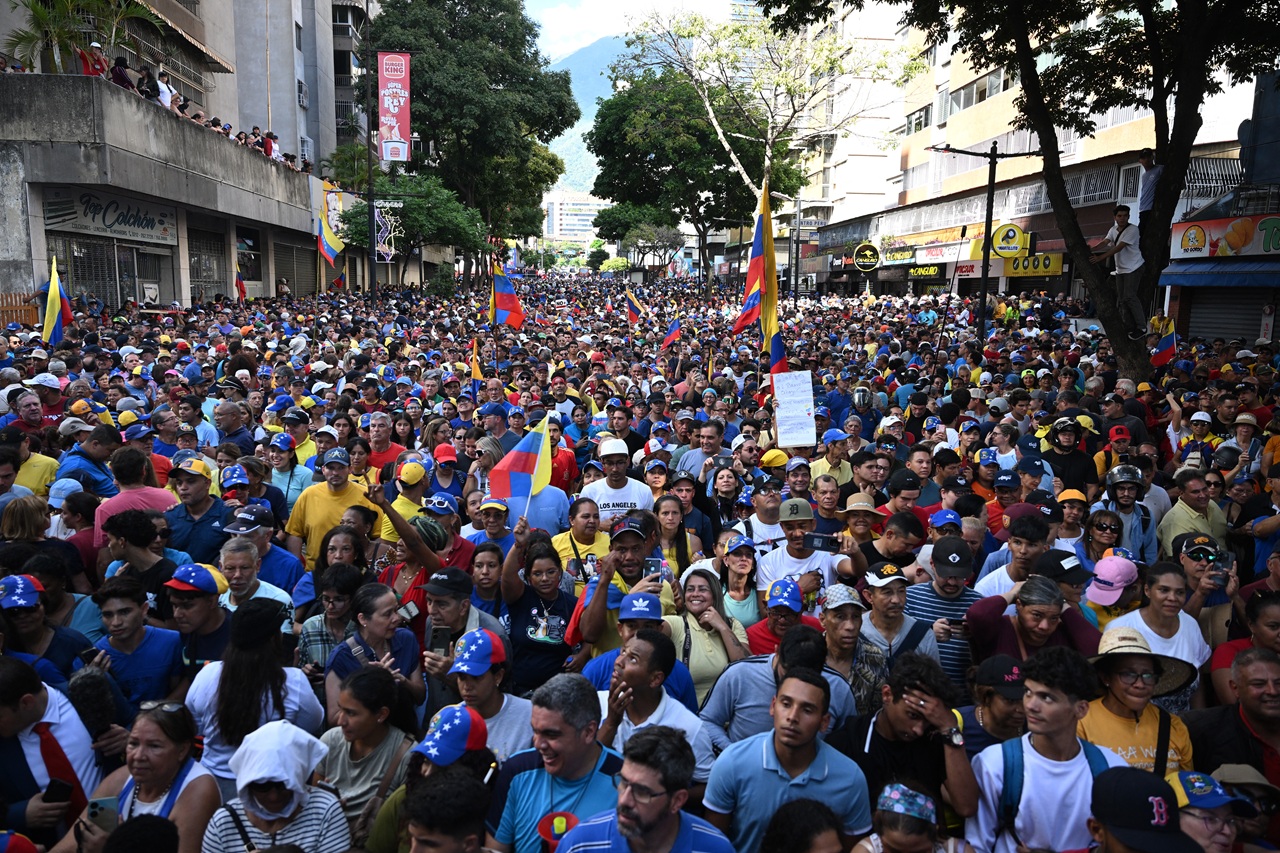
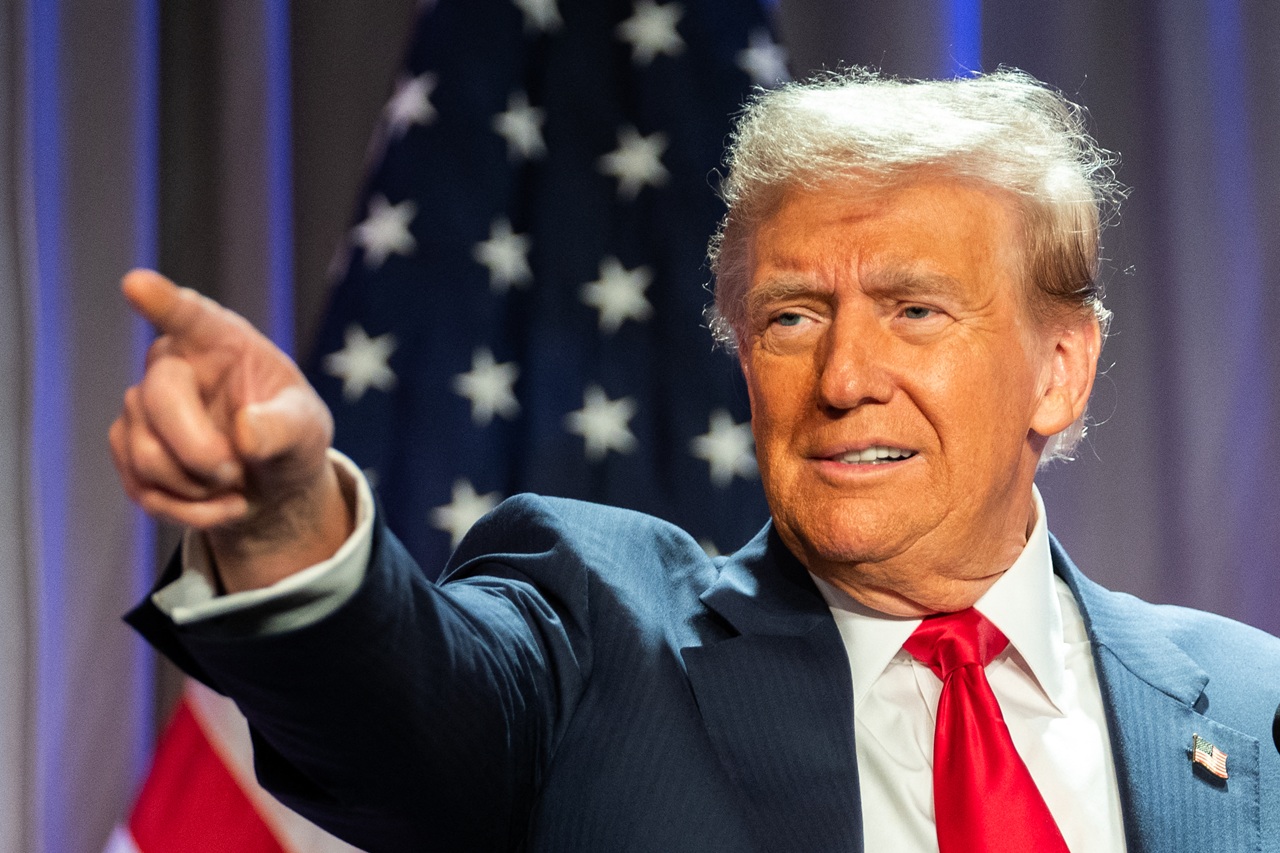
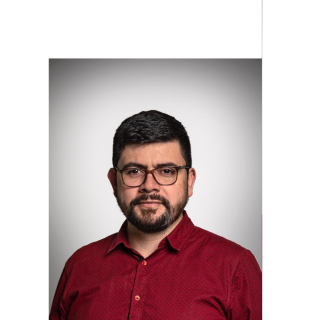
LEAVE A COMMENT: